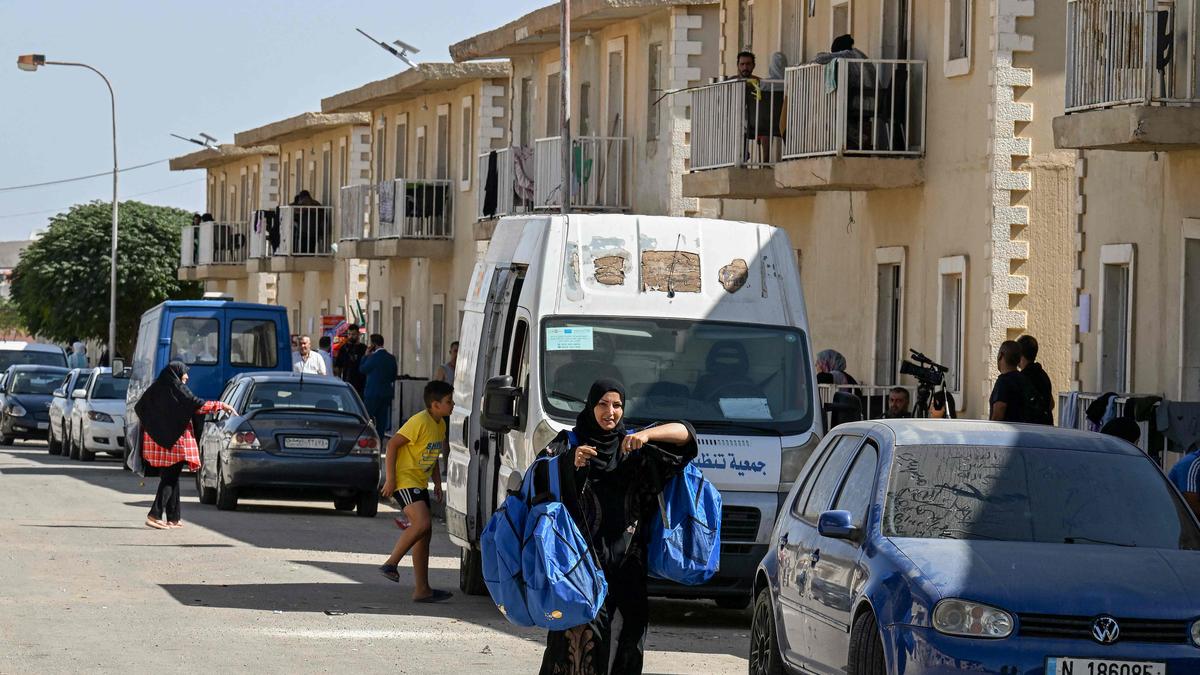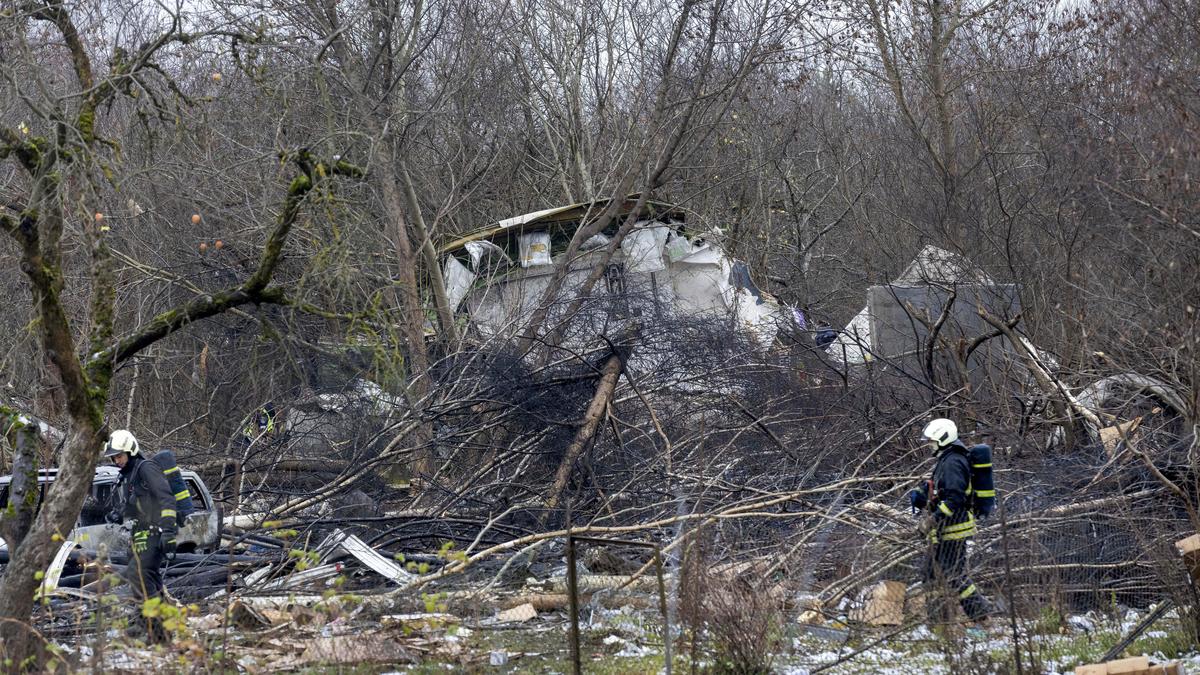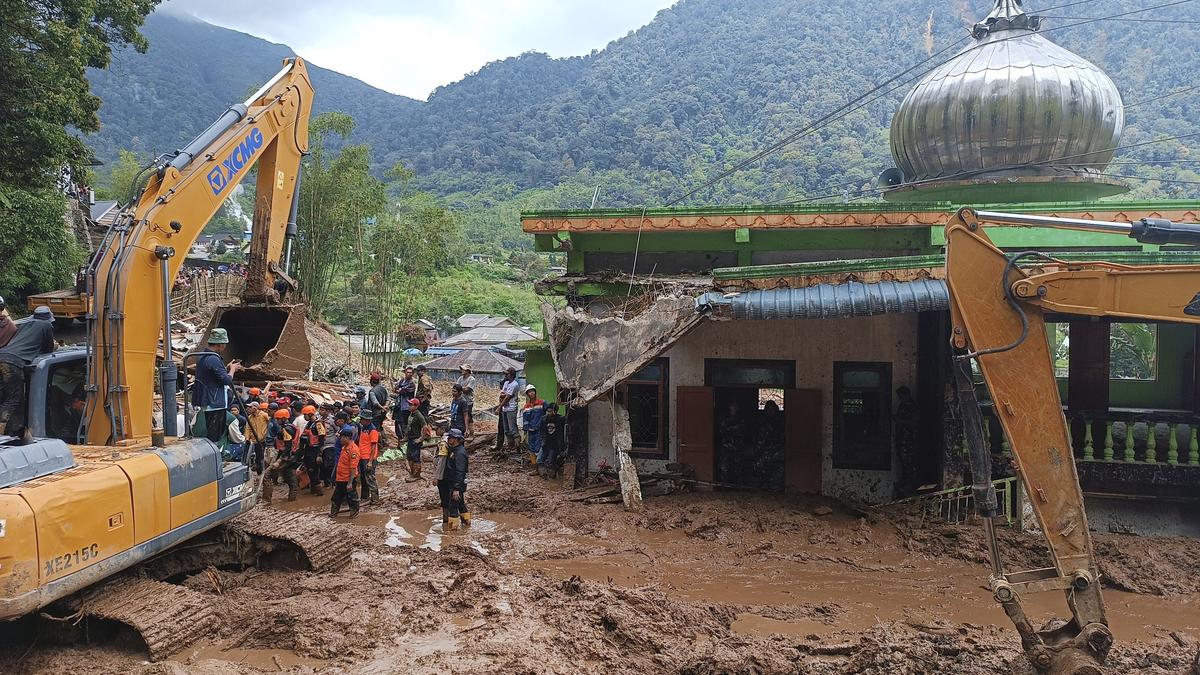Israel, which began incursions into south Lebanon two weeks ago to battle Iran-backed militant group Hezbollah, has issued military evacuation orders affecting more than a quarter of the country, the U.N. refugee agency said on Tuesday (October 15, 2024).
The figures underscore the heavy price Lebanese are paying as Israel steps up its campaign to defeat Hezbollah and destroy its infrastructure in their one-year conflict.
The U.N. refugee agency’s Middle East [West Asia] Director Rema Jamous Imseis told a press briefing in Geneva that new Israeli evacuation orders to 20 villages in southern Lebanon meant that over a quarter of the country was now affected. “People are heeding these calls to evacuate, and they’re fleeing with almost nothing.”
Israeli strikes have killed at least 2,309 people over the last year, the Lebanese government said, and more than 1.2 million people have been displaced.
The majority have been killed since late September when Israel expanded its military campaign. The toll does not distinguish between civilians and combatants.
Around 50 Israelis, both soldiers and civilians, have been killed, according to Israel.

Israel says its operation in Lebanon aims to secure the return of tens of thousands of its residents forced to flee their homes in northern Israel due to Hezbollah attacks.
Israel expanded its bombing campaign in Lebanon on Monday (October 14, 2024), killing at least 22 people — most of them women — in an airstrike in the north on a house where displaced people were seeking refuge from Israeli strikes further south, health officials said.
“What we are hearing is that amongst the 22 people killed were 12 women and two children,” U.N. human rights office spokesperson Jeremy Laurence told the same press briefing in response to a question about Monday’s strike on Christian-majority Aitou.
“We understand it was a four-story residential building that was struck. With these factors in mind, we have real concerns with respect to IHL (International Humanitarian Law), so the laws of war, and the principles of distinction proportion and proportionality,” he said, calling for an investigation into the incident.
Rescue workers were still pulling bodies out of the rubble in Aitou on Tuesday (October 15, 2024), local media reported, following one of the deadliest strikes on displaced families in Lebanon, after strikes earlier this month on the southern Lebanese town of Ain Deleb that left more than 30 dead.
Israel has not commented on the Aitou strike, but has repeatedly said it takes all possible precautions to avoid civilian casualties.
U.N. concerned over peacekeeper attacks
So far the main focus of Israel’s military operations in Lebanon has been in the Bekaa Valley in the east, the suburbs of Beirut, and in the south, where U.N. peacekeepers have said that Israeli fire has hit their bases on numerous occasions and wounded peacekeepers.
The U.N. Security Council on Monday (October 14, 2024) expressed strong concern after several peacekeeping positions in southern Lebanon again came under fire amid clashes between the Israeli military and Hezbollah.
Prime Minister Benjamin Netanyahu, visiting a military base in central Israel where four soldiers were killed on Sunday (October 13, 2024) by a Hezbollah drone strike, said Israel would continue to attack the movement “without mercy, everywhere in Lebanon – including Beirut”. The conflict between Israel and Hezbollah resumed a year ago when the militant group began firing rockets at Israel in support of Hamas at the start of the Gaza war.
Meanwhile, the Middle East remains on high alert for Israel to retaliate against Iran for an October 1 barrage of missiles launched in response to Israel’s assaults on Lebanon.
Mr. Netanyahu’s office said Israel would listen to the United States but would decide its actions according to its own national interest.
The statement was attached to a Washington Post article which said Netanyahu had told President Joe Biden’s administration that Israel would strike Iranian military, not nuclear or oil, targets – suggesting a more limited counterstrike aimed at preventing a full-scale war.
Qatar’s emir accused Israel on Tuesday (October 15, 2024) of exploiting “international inaction” on the Middle East crisis to move beyond its “aggression” in Gaza to build more illegal settlements in the occupied West Bank and send troops into Lebanon.
“Israel deliberately chose to expand the aggression to implement pre-planned schemes in other locations such as the West Bank and Lebanon because it sees that the scope for that is available,” Sheikh Tamim bin Hamad Al-Thani said in his annual speech to open Qatar’s Shura Council.
Qatar, the United States and Egypt have repeatedly mediated in an attempt to end the war in Gaza, which broke out a year ago when fighters from the Palestinian militant group Hamas burst into Israel from Gaza and killed 1,200 people, according to Israeli tallies.
Israel’s offensive has killed more than 42,000 people in Gaza, turned the enclave into piles of cement and twisted metal and created severe shortages of food, water and fuel.
Published – October 15, 2024 11:23 pm IST






